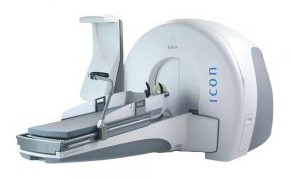For assistance call us on: 0113 206 7503 Email us
Myeloma
What is Myeloma?
Myeloma is a type of blood cancer that develops from plasma cells. Plasma cells are a type of white blood cell made in the bone marrow. In the UK, around 5,500 people are diagnosed with myeloma each year.
With myeloma the plasma cell makes lots of abnormal (cancerous) plasma cells. We call these myeloma cells. These myeloma cells fill up the bone marrow. This makes it harder for the bone marrow to make enough other normal blood cells. This causes some of the symptoms of myeloma.
Myeloma cells can affect the bone marrow and bones in different parts of the body. This is why it is sometimes called multiple myeloma. It can cause bone pain, bone thinning and sometimes breaks the bones (called fractures).
Myeloma can also affect the kidneys.
Our expertise at haematology
We carry out advanced treatments and provide exceptional haematology care for managing a range of blood disorders.
Receiving care at Nova means you will have a dedicated team of experts with you every step of the way, looking after your physical and emotional wellbeing.
The most appropriate treatment for each individual depends on the type of cancer involved, how advanced and aggressive it is, and the general health of the patient. While some slow-developing cancers may require nothing more than a ‘watch and wait’ approach, most commonly chemotherapy, radiotherapy, or a combination of both is given to attack and destroy cancerous cells.
At Nova we provide specialist chemotherapy and radiotherapy to attack and destroy cancerous cells. Learn more about how our expert team works together to treat a range of cancers here.
For patients with advanced cancer, or in cases where the traditional approach has been unsuccessful, a stem cell or bone marrow transplant may be required.
Book now
If you have any questions or would like to book an appointment, contact us or call us on 0113 206 7503.


